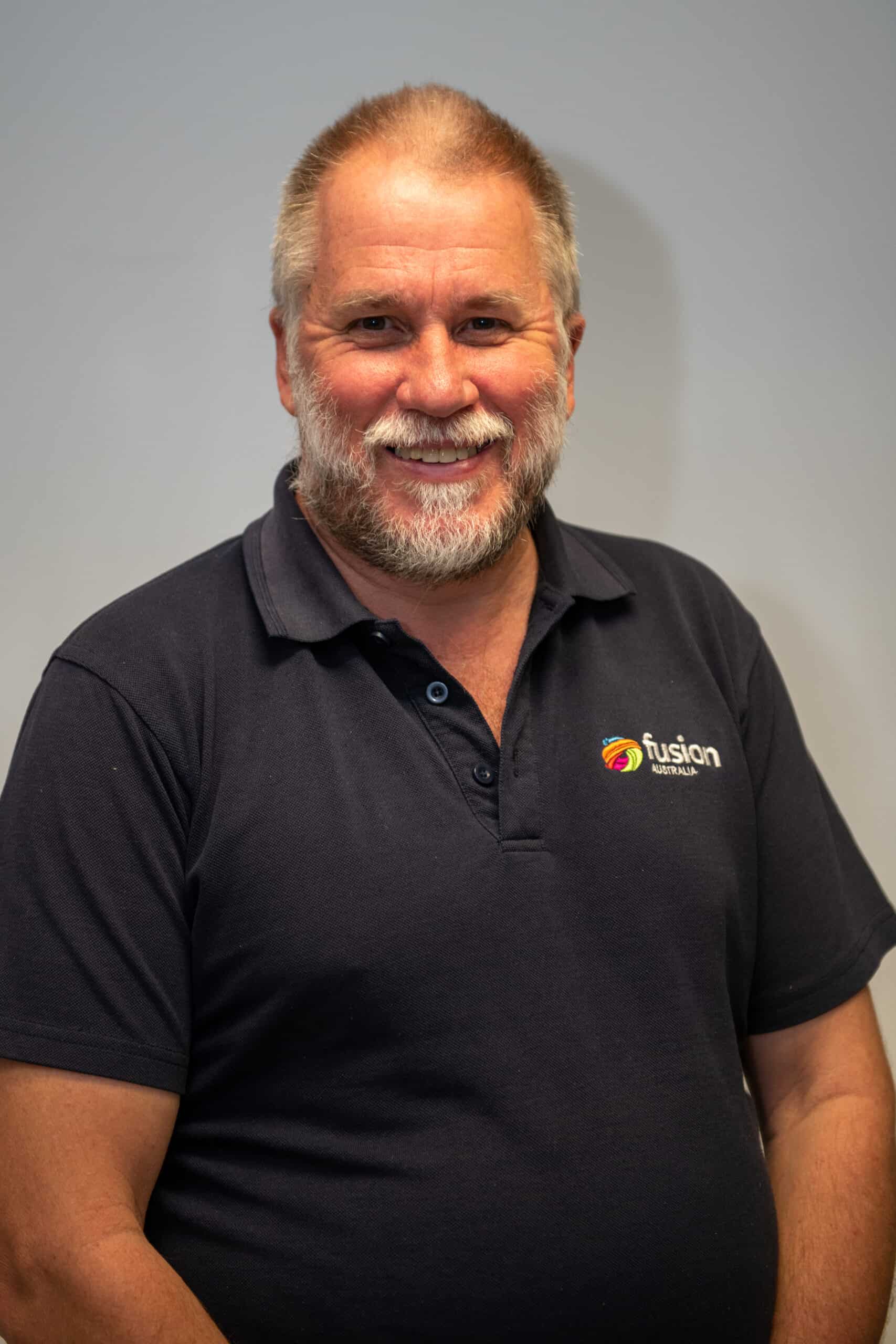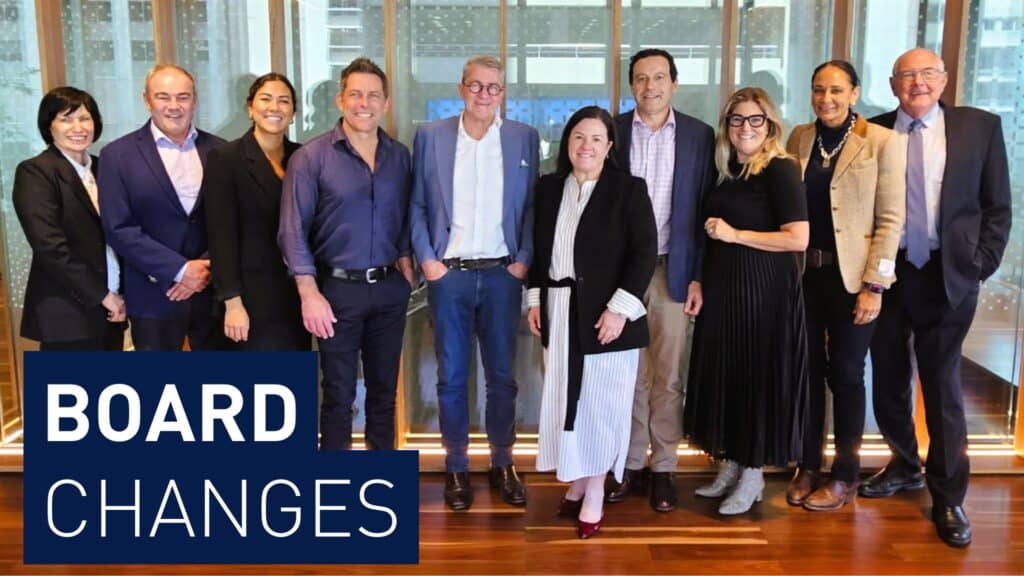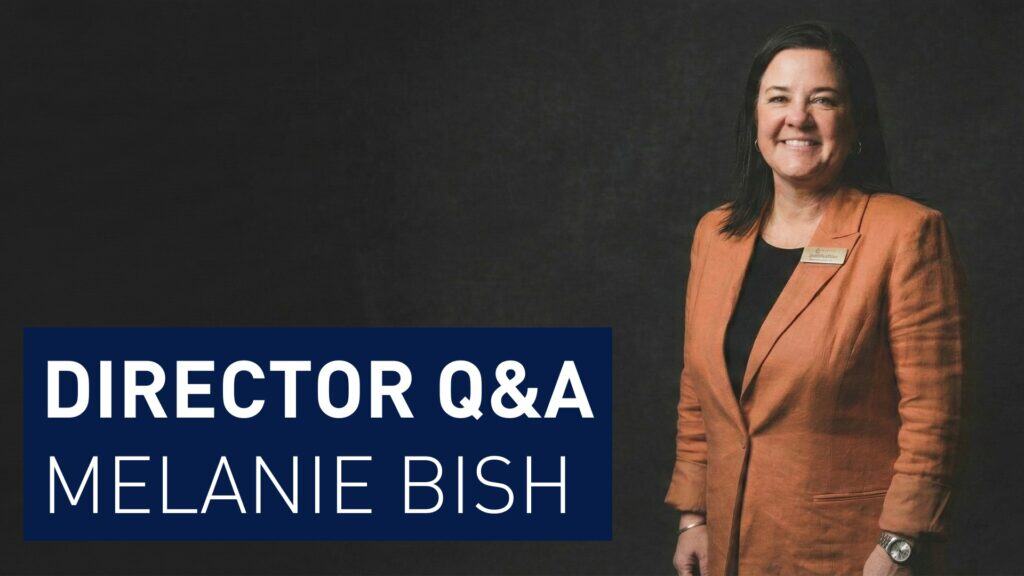When Rohan Prowse moved to Geraldton WA in 2019, it was for a six-month research project. He was tasked with looking into the lack of homelessness services in the Midwest region. But when the launch of his paper rolled around in March 2020, Rohan (like the rest of the world) had to make other plans. And he discovered a new vocation—addressing the scourge of fatherlessness in his adopted community.
The erstwhile actuary
Rohan wasn’t always a researcher. In fact, he trained as an actuary—a numbers-nerd type who analyses statistical, demographic, and economic data to predict the long-term risk of financial decisions and planning. But Rohan contains multitudes. ‘Overall,’ he says, ‘part of my identity is as a connector’. He loves projects that allow him to ‘see possibilities and build connections for future cooperation’.
Rohan’s role as Community Lead at Fusion Australia, a faith-based organisation that provides programs focused on supporting young people and their communities, gave him plenty of chances to work alongside existing local youth organisations.
As Rohan settled into his new community, one thing stood out: the impact of family violence. He shared part of a conversation with a local High School Principal. With tears in his eyes, the leader described a team of professionals at a loss: ‘We know how to teach kids,’ the Principal said. ‘But we don’t know how to deal with the trauma they bring to school with them every day’.
Outdated, harmful gender roles
In a 2021 research paper on the exposure to family and domestic violence within the City of Greater Geraldton, the WA Centre for Rural Health found:
44% of respondents reported having experienced emotional abuse in the form of being repeatedly criticised to make them feel bad or useless. This was the most common kind of family violence reported, followed by 37% having experienced physical violence in the form of being slapped, punched or hit.1
The report highlighted the need to ‘shift attitudes that underpin violence, such as rigid and outdated gender stereotypes’ which have long-lasting negative impacts on physical and mental health outcomes in the whole community—particularly children2.
The findings were in line with Rohan’s experience. In all his interactions with marginalised groups, including with offenders and those in rehabilitation, he noticed a common theme. A large proportion of the men he encountered identified a sense of ‘being fatherless’.
‘They think being a man is about being tough and never showing emotion,’ he says. His work is about research, connecting with the community, and gathering an on-going network to support men who are disconnected from friends and community. Rohan imagines a future in which ‘every man in the region feels connected and knows what it really means to be a man’.
Fathers the tip of the iceberg
Rohan acknowledges the strong generational element to the issue at hand. But over time, his leading question evolved. These days, he ponders ‘What will it take to break the cycle of fatherlessness in our community?’
He says there’s no simple answer. ‘There are a lot of factors at play and it means working across the whole community. And it requires leadership to make it happen.’
Rohan applied for LARC’s Midwest program because he saw himself in the description. The outline asked for participants ‘who are passionate about the future of their community.’ When Rohan read those words, his first thought was ‘that’s me!’
The program helped Rohan better understand his own values and leadership style, which has ‘strengthened my capacity to work alongside those who see and engage with the world differently to me’. Rohan found the iceberg leadership model, which highlights the ways a group’s structures and beliefs (which are hidden beneath the surface) can strongly affect outcomes, most helpful.
He started asking himself ‘how can I drill down to find the real needs that are being expressed as behaviour?’ What’s more, the DISC model allowed Rohan to reflect on the times he has played each of the four specified roles over his career, and to ‘see how each of these roles is needed to make a productive system happen’.
The healing power of community support
Rohan is bolstered by the theory, discussion, reflection, and network activation he’s experienced as part of LARC. With a mentoring program for young men in the works, his big dream is to contribute to breaking the cycle of fatherlessness and family violence in Geraldton. ‘In order to do good youth work, you need a strong community. When young men are thriving—when they know who they are—they have the best chance to become who they want to be’.
In terms of community building, Rohan relishes the chance to network within the region. Throughout the program, he’s loved learning about the other projects making tangible differences to the community—and plans to take advantage of the opportunity to collaborate.
On a personal level, Rohan is resolute. ‘If we could break the cycle of fatherlessness, Geraldton would become the very best place to live and raise your family. I’m committed. This is where it’s right for me to be’.





